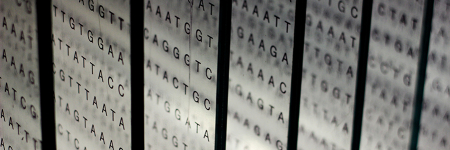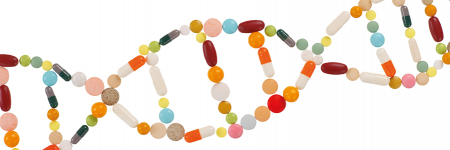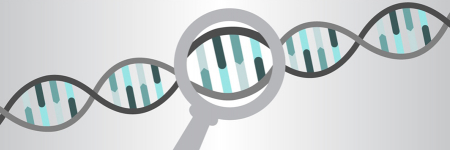Blog articles

Clinical interpretation: when is a variant a mutation?
Genome sequencing produces volumes of valuable data, but what are the challenges of interpretation that gives practitioners the answers they need?

Genomics and the trouble with 'N of 1' trials
Randomised controlled trials are a rigorous way to identify cause and effect, but when it comes to rare genomic variants, connections can be hard to detect

Destined for fitness? The genetic influences on exercise
Studies have identified genes that can influence a person's exercise performance and response, as well as their propensity for injury

Precision in medicine in action
Genomics can help to target treatments for patients with cancer, rare inherited conditions, and infectious diseases

Unexpected genomic findings: who wants to know?
A ground-breaking survey on health professionals, researchers and the public's attitudes towards genomics raises some important questions

Gene therapy moves towards the mainstream
While still in their infancy, gene therapy techniques could hold great promise for patients with rare diseases

Detecting Down syndrome with genomics
A major US study has shown that non-invasive prenatal testing performs better than invasive methods, but what about the UK?

State of the nation: decoding the Icelandic genome
Genomic studies are focusing not just on key diseases, as with the 100,000 Genomes Project, but on whole population groups

Can the genetic 'fat map' aid obesity prevention?
New research has discovered more than 90 genetic regions that influence obesity, tripling the number of previously known regions

The 100,000 Genomes Project – sorting fact from fiction
As the first patients are set to be recruited to the main study this month: what are the truths and myths about this Project?

Step closer to mainstream precision medicine
Rare disease diagnoses made for two of the families involved in the 100,000 Genomes Project

Saving lives with genetics: newborn screening
While screening at birth targets very rare diseases, this early diagnosis can have huge benefits for the small number of affected babies


